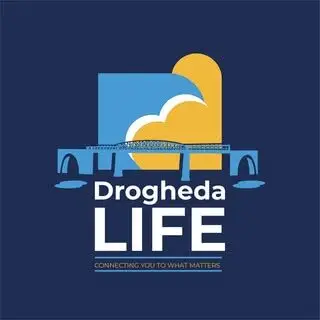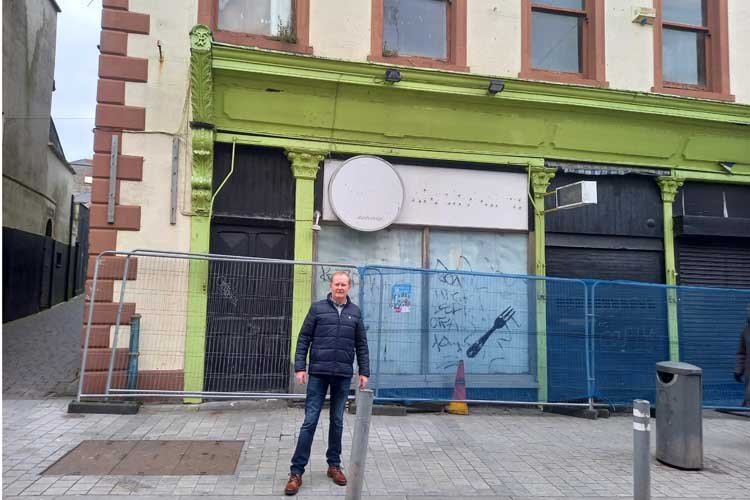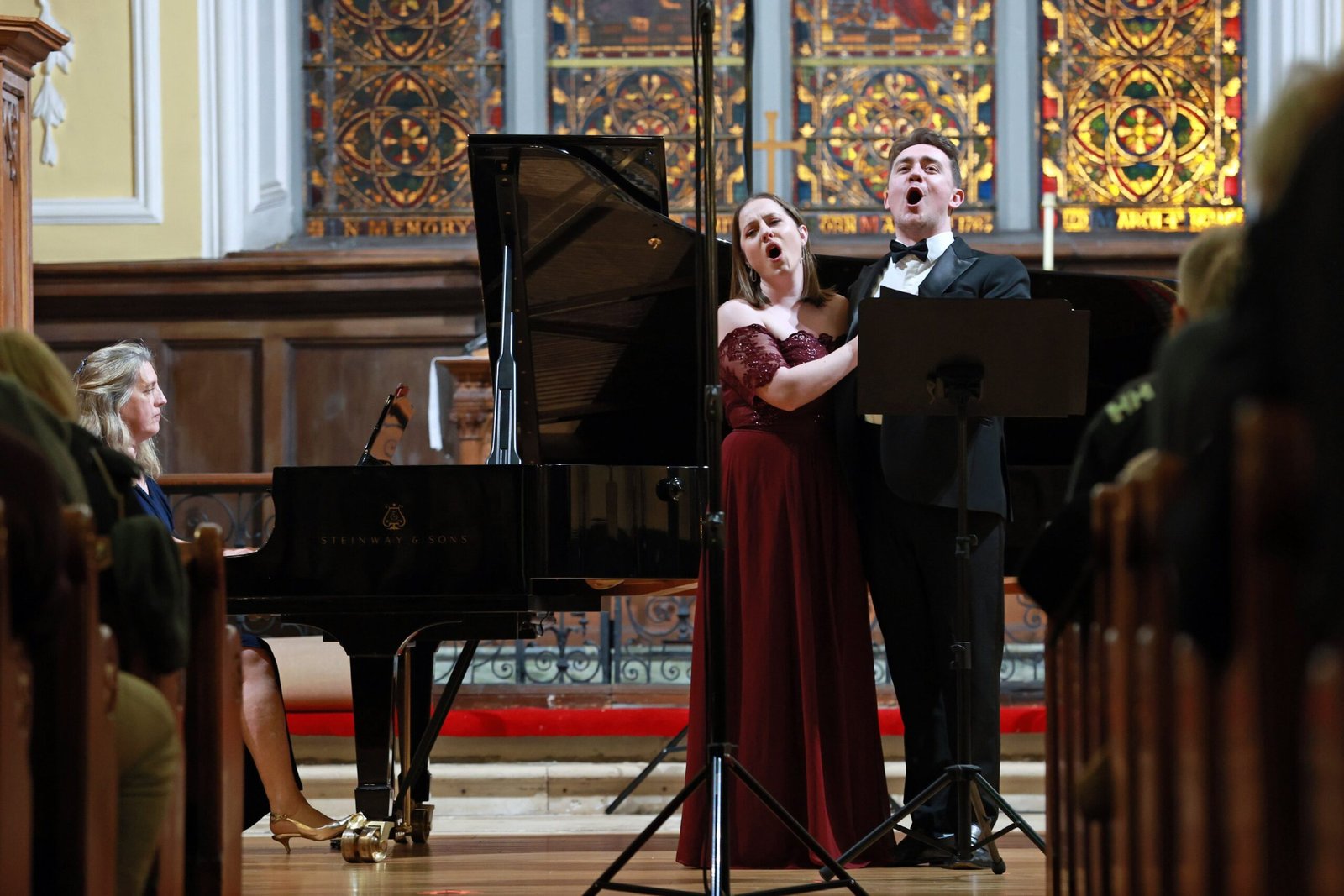By Róisín Butler
A Drogheda resident is organising a walking tour in conjunction with a local theatre group this summer to raise awareness of the problem of dereliction within the town.
Dom Gradwell, who set up a Twitter page entitled ‘Derelict Drogheda’ early this year to highlight the town’s large number of abandoned properties, hopes that the initiative will showcase the town’s wealth of historical buildings.
Dom intends to work with the Upstate Theatre Project to ensure art plays a central role in the tour.
“We’re going to incorporate a tour with some demonstration of art at every stop” Dom said. “That could be a poem, a song, the written word or a speech. By combining resources, we’ll identify the places and the pieces of art that will be performed at every location.”
The walking tour is not a protest march, but instead will shine a light on the growing issue of dereliction across town. The intention of the tour is to illustrate the benefits these buildings could offer if given new life.
A new bill proposed by the Green Party in recent weeks seeks to address the issue of dereliction through added taxation. Under the proposal homes left vacant for at least 180 days in a year would be subject to an additional tax worth three per cent of the property’s market value. The money collected would be channelled back into local housing authorities.

Dom welcomes this move, but feels that a higher tax rate of seven or 10 per cent, would have more effectively targeted the issue of vacant properties. He also feels that the bill is too lax in how it defines dereliction and therefore may not reach the aims it sets out to achieve.
There were 90,158 vacant properties recorded in Ireland as of late 2021, according to a report on residential buildings published by GeoDirectory. The report also estimated that approximately 4.5 per cent of all Irish properties were vacant in this period. Rates of vacancy in individual towns can vary greatly from official figures.

Dom says that the urban decline affecting Drogheda is a far cry from the vibrant town he grew up in. He began highlighting the incidence of dereliction after becoming fatigued with the neglect visible throughout the town centre.
“I think the main issue with Drogheda specifically is that it’s the centre of the town that has been affected by horrific disrepair. (We counted 22 empty shops in West Street yesterday that are in various stages of decay) “The problem with dereliction is as bad in towns such as Dundalk, but it’s less obvious than it is here,” he says.

He is optimistic about the summer venture and hopes to have other figures who draw attention to dereliction in Ireland attend, including Frank O’ Connor, who similarly to Dom highlights the extent of dereliction across the nation via a Twitter page called Derelict Ireland.
“We’re not an official movement by any means, but there are some really good people out there from different backgrounds who are documenting sites all over the country in a semi-professional way,” Dom adds.

He hopes that the participation from activists, alongside the use of poetry and literature at various stop points, will address the worrying trend of dereliction, while equally paying homage to the rich history of Ireland’s largest town.
The tour’s commencement date has not yet been finalised. Further details will be available through Derelict Drogheda’s Twitter page in the coming months.






